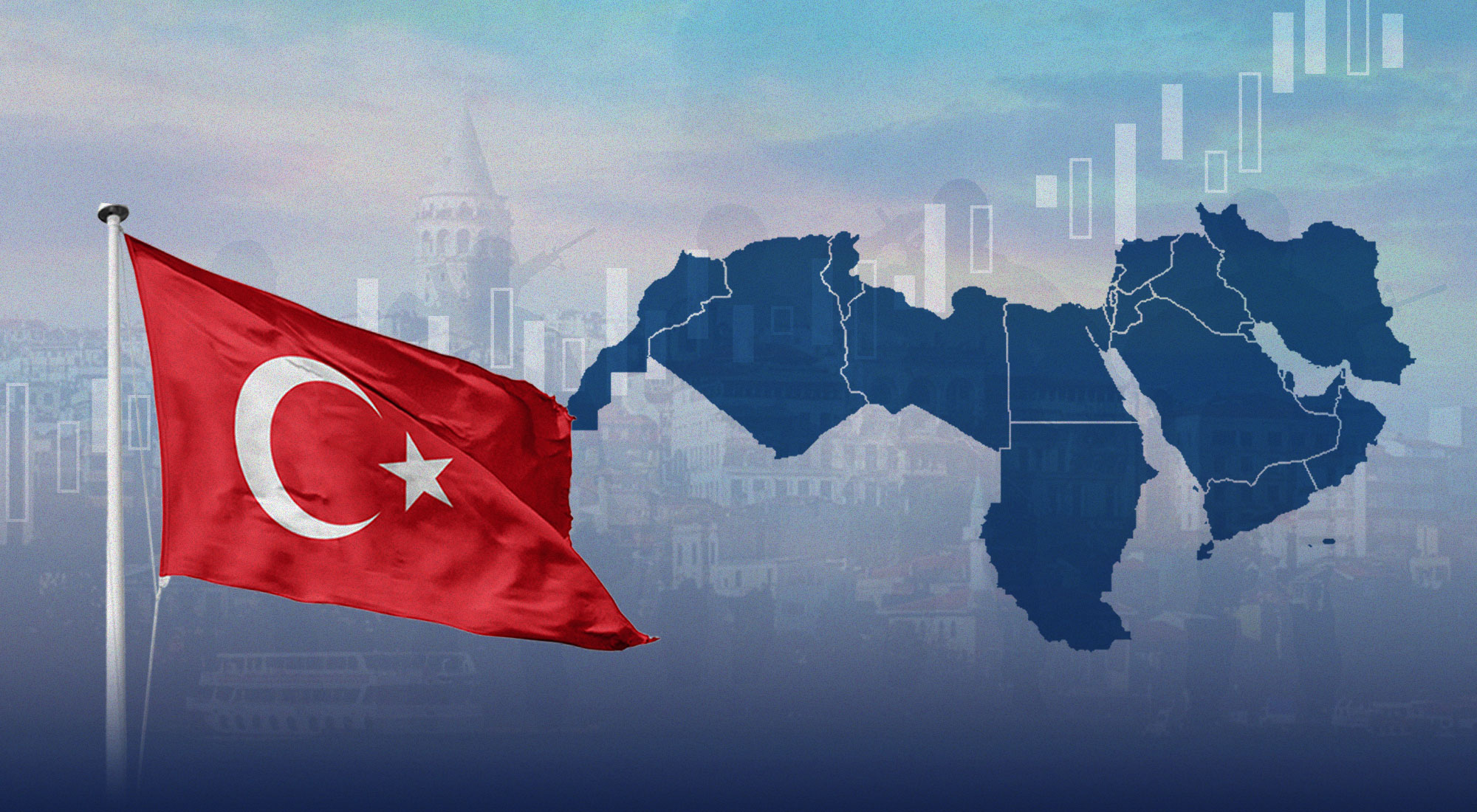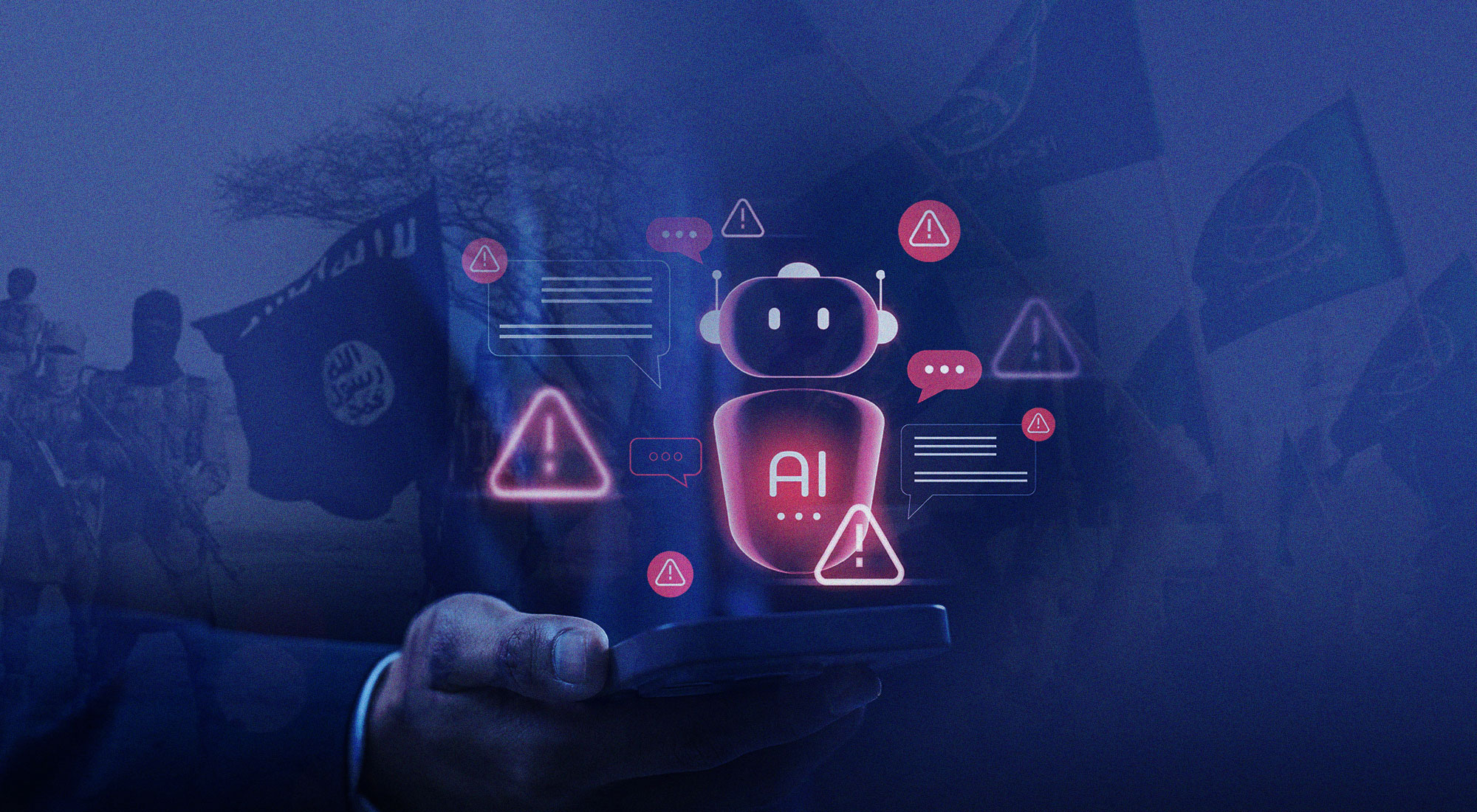Last March 8, David Malone, a Canadian career diplomat and an international development and security scholar, gave a talk at the New York University of Abu Dhabi to discuss the changing role of the United Nations Security Council (UNSC) in conflicts and new possibilities for development assistance in the contemporary era.
Indeed, whereas the Council is supposed to be the main transnational entity approving or rejecting requests of intervention in conflict-ridden areas, and tackling various inter-state decisional matters, it seems to have partially lost its executive force on the ground. Similar weakness points can be discussed for development assistance, towards which generalised scepticism is increasing as much as the nihilism of the aid and development workers themselves.
Thus, the broadly explored connections between security and development need to be further investigated.
Can development assistance make any difference?
The Millennium Development Goals (MDGs) are the traditional way societies express the desire of and plan betterments, and seek to achieve them through the use of a common international code. The MDGs, however, are inherently incomplete in that they are expressed in quantitative indicators and normally address general targets: factors which are unsuitable per se to changeability. The MDGs are therefore subject to reiterated failures.
Nevertheless, according to Malone, pessimism is not necessarily the moral approach that the international community should adopt in order to respond appropriately to crises and conflicts. For instance, history has shown thus far how in small countries development assistance does make a difference, however changing the goals that it used to entail at the beginning of the development path. Lebanon is a perfect case in point, illustrating how, on the one hand, emergency relief cannot be sufficient or successfully needs-focused. On the other, development assistance can still play a role in the reinforcement of local welfare in the contexts where the latter has historically been lacking. In big countries, by contrast, development assistance has not certainly led to economic growth, departing from the stable point that the so-called “Global South” will probably never develop big economies, despite the increasing competence of some developing countries’ governments (i.e. African governments and India), and in spite of the absence of democratic structures within a specific country (unlike China which witnessed economic growth with no democracy).
In line with his scepticism about the efficiency and the appropriateness of the MDGs, which necessarily involve predictions, Malone foregrounded the definitive defeat of one winning democratic and economic model to be followed. The multiple successful models that we witness can actually show how new waves of human optimism can be identified in a major diffusion of information, a consequently far more demanding public, and the urbanisation process, which has been able, to Malone’s mind, to mobilise resources more rapidly and raising important social issues that were previously concealed (e.g. family patterns, the social role of women, the labour force’s rights).
A winning strategy for each country is picking up those of the MDGs which are the most important to it. The involvement of the World Bank (WB) and the United Nations (UN) should rather be limited to the functionality of these organisations in specific domestic issues. This would invert the conceptual North-South unilateral power flow, in which the WB and other large international organisations are the ones that dictate pre-established programmes and approaches to developing countries regardless of local specificities.
In this polarised scenario between the “Global North” – bountiful enough to offer resources – and the “Global South” – chronically needy enough to receive them – the West is known to request respect of human rights, justice and development in exchange for its financial resources, which only constitute, in any case, a small funding portion to pursue development; moreover, once a country finds itself in deficit, development assistance is the first expense that is usually cut down. In this framework, élite powers are a social obstacle to development in developing countries, but, from Malone’s perspective, the fact that they gain their benefits from imported assistance does not render assistance itself unworthy for the poorer categories.
In these circumstances, Malone unexpectedly calls for a “data revolution” in development projects, where qualitative research needs to be prioritised over quantitative research. This data revolution would shed light on the qualitative deadlocks that development implies, such as the issue of political impartiality and its empirical feasibility. UNSC, for example, is believed super partes but its role is actually that of taking sides in crises, being formed itself by the most powerful states.
The UNSC and the present challenges
Even in apparent deadlocks such as Libya, Syria and Ukraine nowadays, the UNSC has reached points of agreement despite multiple confrontations. It is the case of Syria and the evacuation of the Asad regime’s chemical weapons in the wake of the August 2013 chemical attack on the Ghouta population in East Damascus.
In spite of the increasing unpopularity of the UNSC within the international community and “conflicts spectators”, the unresolved cases of the UNSC, apparently, make up only 10%. Nevertheless, Malone underlines the controversial aspects of such a percentage, especially in the case of NATO, whenever it allegedly intervenes to protect civilians and eventually contributes to regime changes like in Libya.
The historical cases of the UN failure still resonate today in the international community’s consciousness, like the 1995 massacre of Srebrenica, in which we witnessed a soft response of the UN that were largely represented in the media and in people’s accounts as shrugging off the genocide of Bosnians. Malone also provides the example of France in the 1994 Rwanda conflict, which did not know in depth the fighting parts and that, therefore, did not take a clear stance within the UNSC at that time. The effects of “state behaviours” within international entities are still hunting governments and are easily identifiable today: for example, France pulled out of the 20th anniversary commemoration of the Rwandan genocide last year, in that it was accused by the President Paul Kagame of having contributed to the large-scale 1994 massacre.
Diversely, inter-African protection has often been obfuscated by western saviours who have more powerful means of self-propaganda. Malone highlights how it was actually the Ghanaians to rescue many Tutsis and Hutu moderates in Rwanda in the 1990s by sheltering them, while the UN ordered the withdrawal of their peacekeeping forces.
The UNSC is arbitrarily defined as weak, according to Malone. What is interpreted as an increasingly big loss of efficaciousness is actually the co-presence of new factors in the international scenario. The major changes that occurred within the UNSC are the emerged influence of the non-governmental organisations (NGOs), like the abovementioned case of France in Rwanda, where the medical NGO Médecins Sans Frontières got separated from Médecins Du Monde by rejecting a politically neutral approach to humanitarian assistance.
A further change is constituted by the 2002-created International Criminal Court (ICC), which took over a part of the UNSC tasks, after being formed in quite a short time and being in charge of prosecuting international criminals. Such changes have often been undercut or ignored tout court in evaluating the action and the efficaciousness of the international actors.
In light of Malone’s considerations, the “Global North” feels threatened in terms of security and adopts defense mechanisms like asking the “Global South” to uphold human rights and democratic standards. In dealing with the global danger of having a larger number of insecure regions, poverty reduction and the development of unstable regions have become a moral as well as a political imperative, in that development contributes to guarantee worldwide security.
As English scholar Mark Duffield extensively showed in his research studies, development has become a security technology related to promoting the life of populations that are essentially non-insured in their states. Hence, development becomes a state strategy purporting to protect people while practically prioritising geopolitics over biopolitics, or, otherwise said, state security over human security. In brief, regions need to be developed in that they present a constant risk to homeland security. In turn, security has become an integral component of development discourse.
Needless to say that even too many projects have been implemented so far to develop the imaginary Global South, to the extent of reifying it in a chronic “receiving” position and turning it into an ironically “project-affected” area. Rather, much more efforts should be done to improve domestic and inter-state security within the Global South, the alleged major source of global threats. When such threats will be perceived and dealt with as such within the threatening countries rather than with respect to “the West” – the donor, the saviour, and the security-regulator par excellence – maybe, only then, we will see better days.







